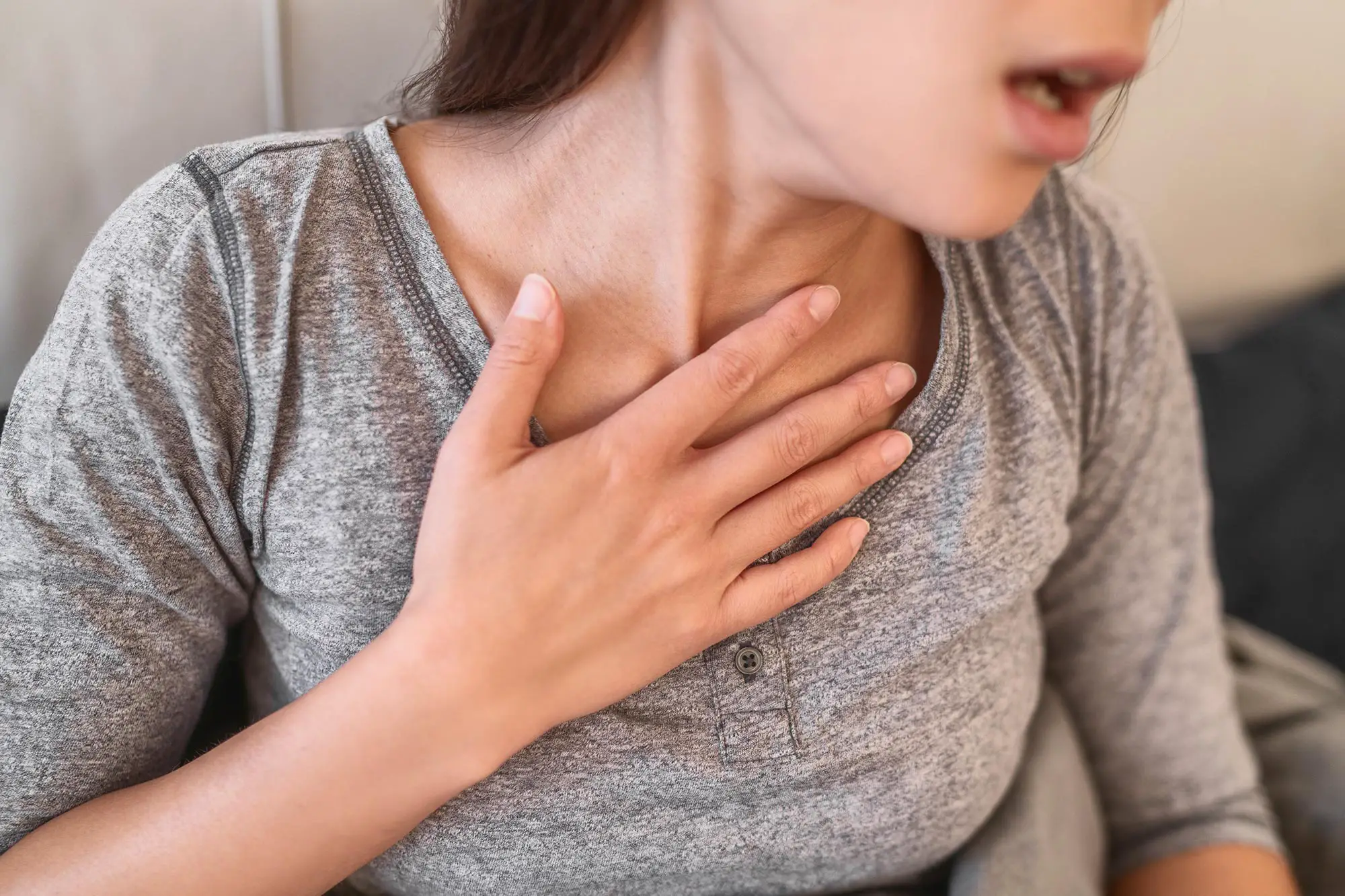Summary of Uncovering the Hidden Role of Disturbed Sleep Patterns:
A study by researchers at the University of Manchester and Leicester showed that sleep disruption in COVID-19 patients is likely to be a driver of breathlessness, with 62% of hospitalized patients experiencing disrupted sleep that persisted for at least 12 months. The study used data from the PHOSP-COVID survey between March 2020 and October 2021. The study found that sleep disturbance was likely to drive breathlessness directly, while reduced muscle function and increased anxiety partially mediate the association. The researchers speculated that targeting sleep disruption by reducing stress and improving patient muscle strength could alleviate breathlessness, but further investigation is needed.
*****
COVID-19 Patients with Sleep Disturbance are Likely to Experience Breathlessness
A major UK study has found that sleep disruption in COVID-19 patients could lead to breathlessness, with 62% of hospitalized patients experiencing sleep disruption that persists for at least 12 months. The study, conducted in 38 institutions across the UK, was led by the University of Manchester and Leicester and presented at the European Congress of Clinical Microbiology & Infectious Diseases. Researchers found that participants with sleep disturbance were more likely to have anxiety and muscle weakness, both recognized causes of breathlessness.
Sleep Disruption Likely Drives Breathlessness Directly, Reduced Muscle Function and Anxiety Partially Mediate Association
The study involved extensive data from the PHOSP-COVID survey, a consortium from across the UK researching the long-term health outcomes for COVID-19 patients who were hospitalized. The study used subjective measures that were self-reported by 638 patients to the researchers and objective standards in 729 patients who wore devices similar to smartwatches that measured their nighttime activity levels. Both measures consistently revealed a higher prevalence of sleep disturbance in people hospitalized with COVID-19 compared with matched controls from the UK Biobank who had been hospitalized for any cause. Moreover, statistical analysis showed that sleep disruption was likely to drive breathlessness directly, while reduced muscle function and increased anxiety partially mediate the association between sleep disturbance and breathlessness.
Further Research Needed, Interventions Targeting Sleep Disturbance May Alleviate Breathlessness
The study authors suggested that targeting sleep disruption by reducing anxiety and improving muscle strength in these patients could alleviate breathlessness, but further investigation is needed. The authors concluded that its strengths are the study’s size, multicenter nature, and the use of different complementary assessment measures to evaluate sleep disturbance. However, they noted that future research should assess whether interventions targeting sleep disturbance can improve sleep quality and breathlessness by reducing anxiety and improving muscle strength.
Understanding the Causes of Breathlessness Is Complex, Study Indicates
One of the authors, Dr. John Blaikley, a clinical scientist from the University of Manchester and a respiratory doctor, said that understanding the causes of breathlessness is complex since it can arise from conditions that affect the respiratory, neurological, cardiovascular, and mental health systems. These same systems are also affected by sleep disturbance, another symptom that has been frequently reported after COVID-19. Mr. Callum Jackson, the study’s first author and mathematician from the University of Manchester said that the study’s findings suggest that sleep disturbance is a common problem after hospitalization for COVID-19 and is associated with breathlessness.



Comments are closed